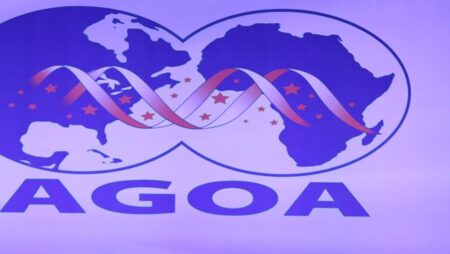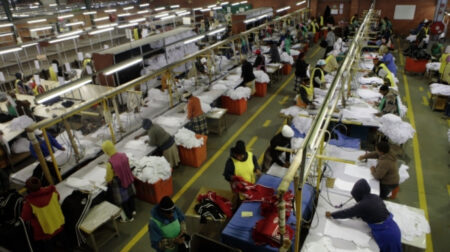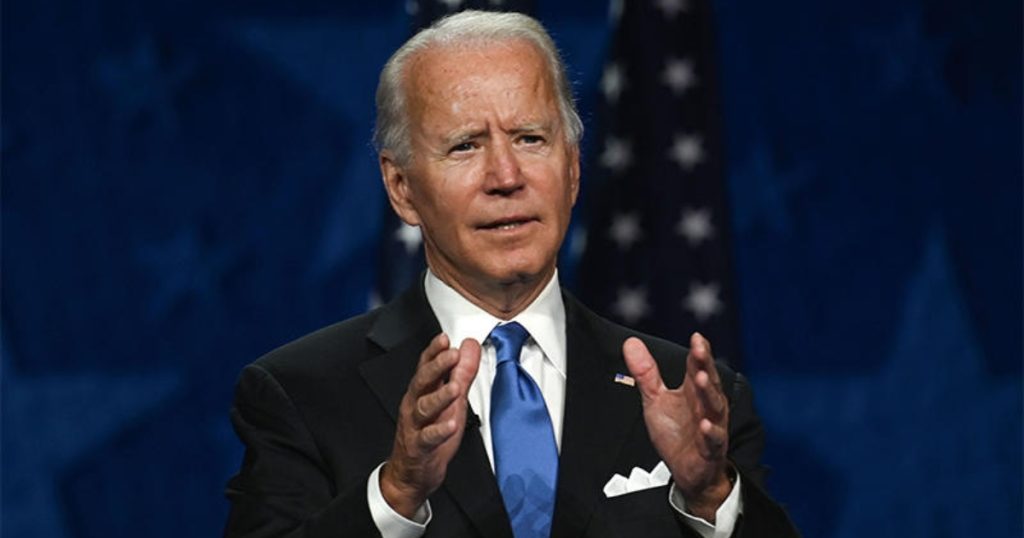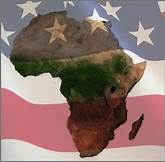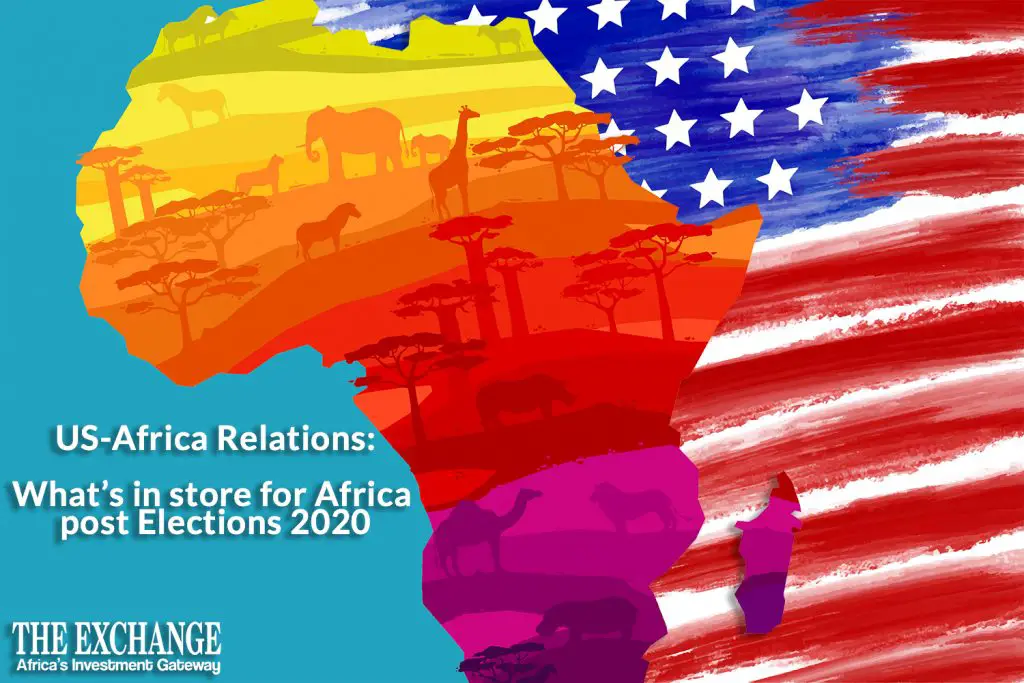- Stanbic PMI Report: Mixed performance as Kenya’s agriculture, construction offset manufacturing decline
- Uganda’s land management gets a tech makeover to boost transparency
- Nigeria’s output dips fastest in 19 months on a sharp rise in costs
- Apple faces growing backlash over Congo exploitation
- Why East Africa is staring at higher wheat prices in 2025
- Nairobi Gate SEZ pumps $7 million into Kenya’s agro-processing industry
- What impact will the US election have on Africa?
- Russia and Tanzania unite to double trade, boost Africa market access
Browsing: US Africa Trade
- The advent of BRICS Pay could further strengthen these ties, offering African nations an alternative to the dollar-dominated trade and financial systems.
- BRICS Pay is a bold step towards a more multipolar world economic order.
- Its impact on US-Africa trade will depend on various factors, including its adoption by businesses and financial institutions across the coalition of nations.
The launch of BRICS Pay, a digital payment platform developed by the BRICS nations (Brazil, Russia, India, China, and South Africa), marks a pivotal moment in international trade dynamics. This innovative system promises to streamline transactions among these emerging economies, potentially challenging the long-standing dominance of the US Dollar in global trade.
BRICS Pay is a testament to the growing influence of these five major emerging economies. By facilitating payments in local currencies, the system is poised to reduce reliance on the US Dollar, fostering a more diversified and resilient global …
United States officials and politicians have shown much interest and support for renewing the African Growth and Opportunity Act (AGOA) as its expiration date approaches in September 2025. The fate of this landmark legislation, which provides duty-free access to the US markets for some African countries, remains uncertain for the next 22 months but has significant implications for trade between the United States and Africa.…
- The influx of used clothes from the west in effect affects the development of textile industries in the EAC
- Five years later, a new administration, Covid-19 and the Russia-Ukraine war not to mention a stronger China economy, the US may reconsider EAC state’s position.
- EA States have 2 years to consider if they want AGOA renewed
In 2015, all major economies in East Africa, Kenya, Uganda, Tanzania, Rwanda and Ethiopia proposed to ban the importation of second-hand clothes but the US would have none of it.
The intention was good, even noble: Banning second-hand imports would strengthen the domestic textile industry which would create jobs and other positive ripple effects.
“The US claimed this proposal goes too far and violates the African Growth and Opportunity Act (AGOA), which aims to expand trade and investment on the continent,” the media reported.
Once the US pulled the AGOA card, the East African …
CCA president and chief executive officer Florizelle Liser said the forum allowed over 2,200 participants to network.
“CCA looks forward to partnering with the US Chamber to jointly convene the private sector as part of the Summit’s Africa Business Forum, which will help drive progress towards a trade and investment relationship that unlocks opportunity and growth for both the U.S. and Africa,” Liser said.
The US-Africa Leaders Summit will build American and African shared values and hopes to foster new economic engagement. It will also reinforce the two regions’ commitment to democracy and human rights. Among the issues to be discussed are mitigating the impact of COVID-19 and future pandemics and working collaboratively to strengthen regional and global health.
Climate change is another matter of concern that needs a response by respective governments. Nevertheless, Biden said he was hopeful the summit would be a success.…
As of 2017, the trade initiative had created over 300,000 jobs in sub-Saharan Africa, many of which were in the apparel sector.
We recently carried out a Kenya country case study on the implementation of AGOA in the 2000 to 2016 period. We found that in this period, Kenya’s total exports to the US grew by US$443.2 million (or 405 per cent) from US$109.4 million to US$552.6 million. By 2020, the figure had risen to US$569 million, with most of the country’s exports coming from eligible products.
Looked at differently, in the nine years before the trade programme (1992 to 2000), Kenya’s average annual exports to the US were US$101 million. In the nine years after (2002 to 2010), average annual exports to the US rose to US$305 million. They rose further on average to US$557 million in the 2012 to 2020 period.…
The East African Community (EAC) business conglomerates are anxiously awaiting the Joe Biden administration to come into power. It is hoped that a Biden administration will revive negotiations and implementations of the already signed EAC-US Trade and Investment Partnership.
While Trump continues to taint his administration’s short rule with prompting rioters to even invade Capitol Hill the ‘law body’ of the country, leaders from the EAC have gone ahead to congratulate Joe Biden for his election win.
It is clear that businesses in Africa see Biden as a beacon of hope that will reignite the Trump dampened US trade ties with the regional bloc.
Consider the Trade and Investment Framework Agreement (TIFA), a trade pact that covers and governs ‘the framework for expanding trade and resolving outstanding disputes between countries, was agreed between US and EAC partner states in June 2012 but was never implemented.’
However, since 2016, the negotiations …
The US and China, two of the world's biggest superpowers, are currently in the midst of a trade war. The battle centres around the uneven trade deficit between the two countries. While Africa may not be a direct participant of the war, there is a risk of the continent getting caught in the crossfire.
The Titans At War
In 1995, the US-China trade deficit stood at around $45 billion in favour of China. By 2018, the trade deficit had reached approximately $420 billion.
The ballooning deficit triggered a response from the American administration which accused China of unfair trade practices and intellectual property theft. Both parties threw words, tariffs and tweets in each other's direction. Truce talks have provided periodic calm periods in between the storm. Both economies have suffered in the process recording significant declines in exports, income and local business activity. The rest of
US Election 2020
It’s vote o’clock for the US again as Americans go to the polls scheduled for November 3, 2020, to select the country’s next president. The run-up to the US elections is always a dramatic campaign that is interesting to watch. This year the match pits incumbent president and Republican candidate Donald Trump against the Democrats pick Joe Biden. While the voting may be confined to American soils, the outcome of the elections has far-reaching implications for Africa and the rest of the world.
What Does the US Election Have To Do With Africa?
Being a world superpower, the outcome of the US elections directly or indirectly affects the African continent.
The US has no fixed foreign policy towards Africa and thus foreign policy is largely dependent on the inhabitant of the white house. How the US provides aid and trades with Africa has changed significantly with the …






